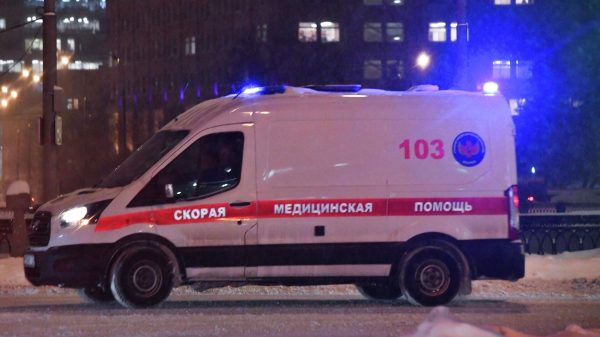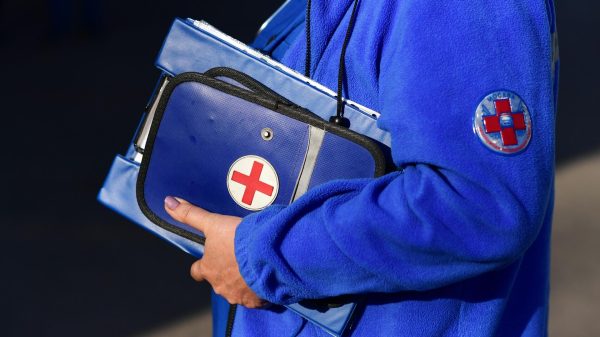Thousands of refugees are at risk of being left homeless by the abrupt termination of an EU-funded programme providing cash assistance and temporary shelter to people granted asylum in Greece.
Appeals from aid groups have mounted, amid fears more than 2,000 men, women and children will face destitution if action isn’t taken.
“It’s extremely concerning that recognised refugees in Greece are being turned on to the streets amidst a global pandemic,” said Imogen Sudbery, the International Rescue Committee’s director of policy and advocacy in Europe. “Without necessary documentation, access to information, language skills or other essential means of becoming self-reliant they are at grave risk of becoming homeless and unemployed.”
Deprived of any safety net, families forced to leave organised accommodation have resorted in recent weeks to sleeping rough in parks and public squares.
Working contracts for hotels hosting recognised refugees under the EU-funded Filoxenia programme first ended in December, with other hotels following suit in January and February.
About 750 men, women and children are due to exit the temporary shelters in the coming days as the scheme finally wraps up, according to the IRC.
“What we’re seeing reflects the wholesale lack of national integration policy that, incredibly, is still a problem so many years after this crisis began,” said Lefteris Papagiannakis who focuses on refugee issues at the NGO Solidarity Now. “They’re images we’ve seen before, and will see again, unless real efforts are made to include these people in our society.”
Integration of the estimated 80,000 refugees in Greece is now regarded as the single biggest challenge for a country long on the frontline of migrant flows from Asia, Africa and the Middle East.
Since assuming power in July 2019, the country’s centre-right government has focused on accelerating asylum claims and relieving overcrowded camps on frontline Aegean islands by transferring successful asylum applicants to the mainland.
Under a law aimed at freeing up space in island reception centres, recognised refugees have only a month to make the transition from organised accommodation to being self-sufficient in non-assisted living facilities. Often unable to speak Greek, the vast majority struggle to integrate at all.
The United Nations refugee agency has expressed repeated concerns over assistance ending prematurely. Access to employment and social welfare schemes is often blighted by the hurdles faced in securing things as simple as a tax number or bank account – obstacles heightened by the pandemic.
‘Help and you are a criminal’: the fight to defend refugee rights at Europe’s borders
Read more
In theory, recognised refugees can travel to other parts of Europe but under EU law they can remain in another member state for only three months before running the risk of being sent back to Greece.
Kyriakos Mitsotakis’ administration said it will unveil a national integration strategy imminently.
Asked to comment on the risks posed by the closure of hotels for the refugees, Manos Logothetis, a senior official at the Greek migration ministry, said Athens was acting according to plan.
“The Filoxenia programme was always going to be phased out,” he said. “We have been given the thumbs up and congratulated by the EU for not only doing it but doing it on time.”




















































Свежие комментарии